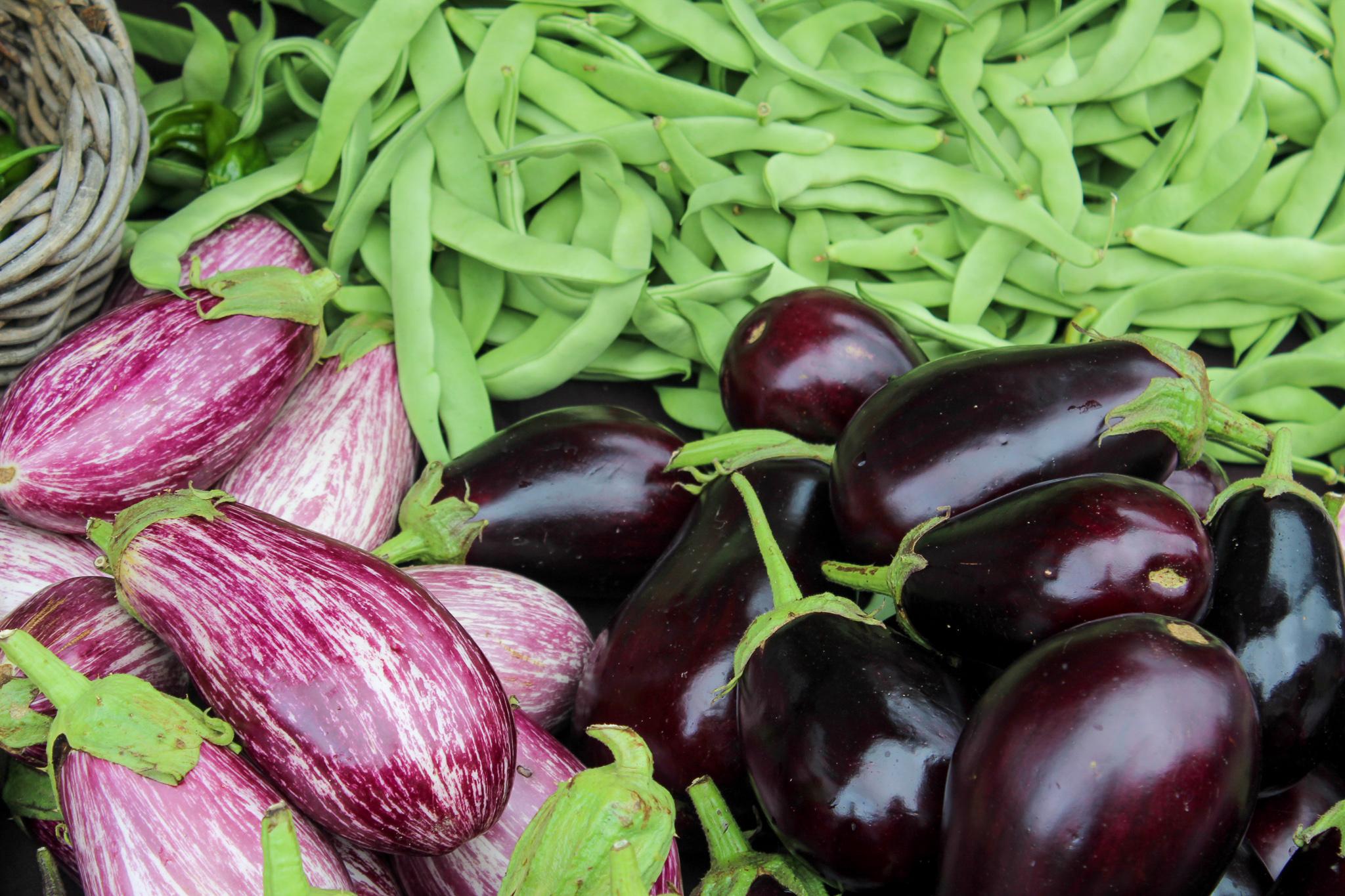January 15, 2025
In Vermont, where the connections between land, food, and community are deeply rooted, the Agricultural Educators Cohort has fostered a powerful network of farmers across the state passionate about sharing their skills and stories with the next generation. Funded by a one-time USDA Farm to School Grant and facilitated collaboratively by NOFA-VT and Shelburne Farms, this peer-to-peer learning initiative explored innovative ways to deepen young people's understanding of food systems, and strengthen the ties between farms and their communities.
Running from the winter of 2023 through the spring of 2024, the cohort included fifteen farmers, each paired with a mentor farmer to exchange best practices, receive advice, and share resources. Together, they explored ways to engage youth on their farms, inspire future farmers, and cultivate deeper agricultural literacy in their communities.
For participant Ariana Wild of Wild Farm in West Topsham, hosting youth on her farm is a meaningful way to share her passion. “I feel really passionate about providing an experience for children and young adults to have a connection to nature and learn about growing their food,” she shared during one of the cohort’s gatherings. Ariana’s enthusiasm stems from her formative experiences on farms as a young person. Today, she works to pass on the same sense of empowerment and sustainability-rooted values to the youth who visit her farm. She shared, “For me, it’s about more than farming skills—it’s about helping these young people see their potential.”
In pairing each participating farmer with a mentor farmer, this program created a partnership rooted in mutual learning. Ariana worked closely with Misse Axelrod of the Vermont Farm and Forest School and Drift Farmstead in Roxbury, whose expertise in farm-based education provided valuable insights and encouragement. “Coaching isn’t just about giving advice—it’s about building relationships,” Misse reflected. “I learn so much from the farmers I coach, and together we create something greater than the sum of our parts.
Another defining feature of the Agricultural Educators Cohort was the sense of community it created. During a fall gathering at Drift Farmstead in Roxbury, farmers shared stories, struggles, and successes. For many, this space provided much-needed encouragement and solidarity. One moment stood out for Misse: “We were in the barn, sharing our experiences, and one farmer began tearing up as she talked about her challenges. It was so moving to see everyone rally around her with support and understanding. This kind of connection reminds us that we’re not alone in this work.”
This theme of collective support extended to the cohort’s structure, which offered participants a treasure trove of practical resources, from lesson plans to activity guides. “If I didn’t have this program, my goals would feel so much farther away,” Ariana noted.
Although the Agricultural Educators Cohort wrapped up this year, the connections and lessons from this initiative continue to ripple through Vermont’s farming and education communities. At NOFA-VT, we’re working to ensure that there are thriving farm to school and early childhood (FTSEC) programs in every Vermont community. For over 20 years, we’ve partnered with schools, early childhood programs, and farmers to forge strong connections between the cafeteria, classroom, and community. Through Vermont FEED, a statewide initiative that we coordinate in partnership with Shelburne Farms, we deliver professional learning and technical assistance to educators, administrators, child nutrition professionals, and farmers.
Below are some ways you can get involved and help shape the future of our next generation:
- Engage with the Vermont Farm to School & Early Childhood Network: Connect with a supportive community of educators, farmers, and leaders working to expand farm to school initiatives across Vermont.
- Collaborate with schools: By selling to schools or early childhood programs, you directly support healthy, local meals for students while strengthening the connection between your farm and the next generation.
- Join the Farm-Based Education Network: Become part of this free member network that supports educators, farmers, and community leaders offering hands-on learning on farms.
- Participate in the ABC’s of Farm-Based Education Workshops: Offered every spring and fall at Shelburne Farms, these workshops provide tools and inspiration for creating meaningful farm-based programs.
- Share your voice: Farmers are the heart of farm to school programs. Share your ideas, challenges, and successes with us, your local schools, and early childhood programs to help shape the next chapter of farm to school in Vermont.
- Access resources and technical assistance: From activity guides to procurement information, NOFA-VT and the Vermont FEED partnership are here to support your farm to school goals.
Get in touch with Kayla Strom, NOFA-VT’s Farm to School Program Manager, to learn more and be a part of this movement: [email protected], (802)419-0062

